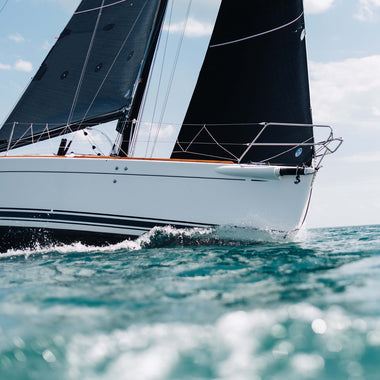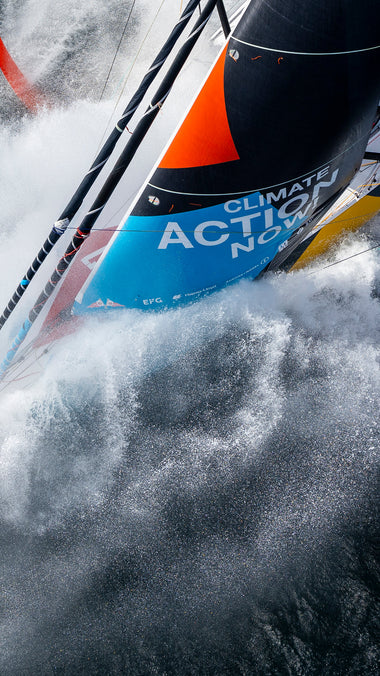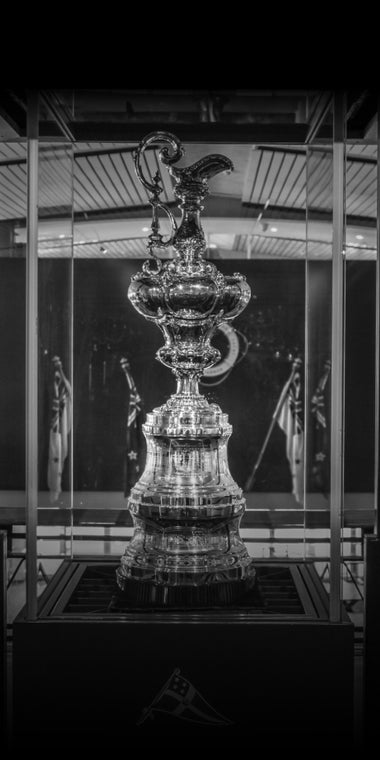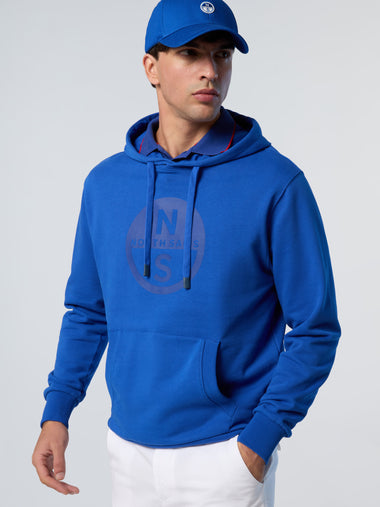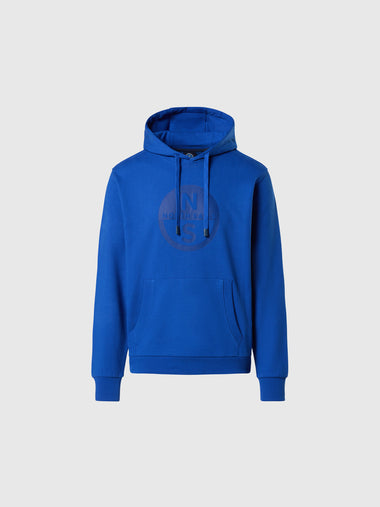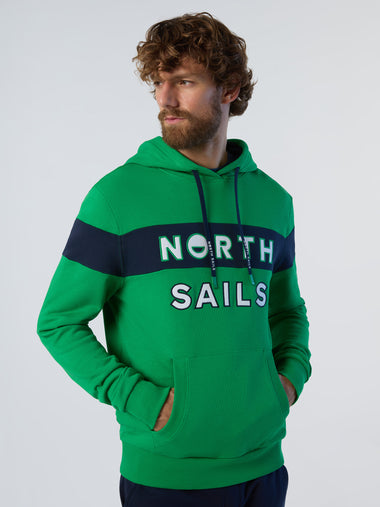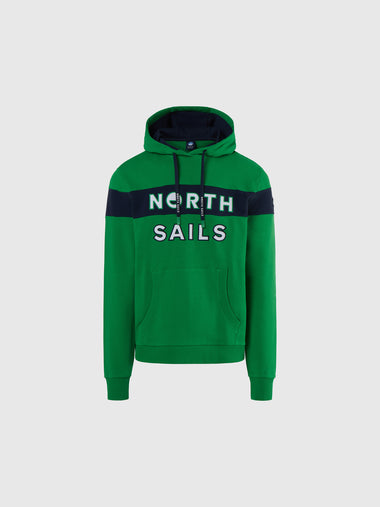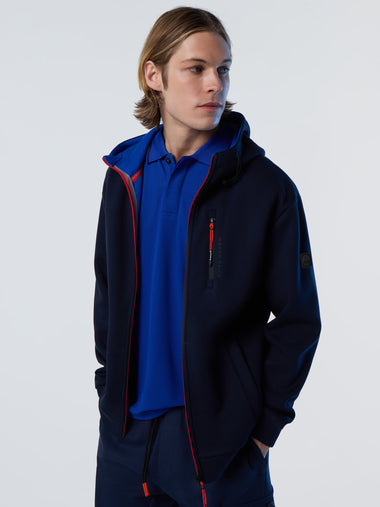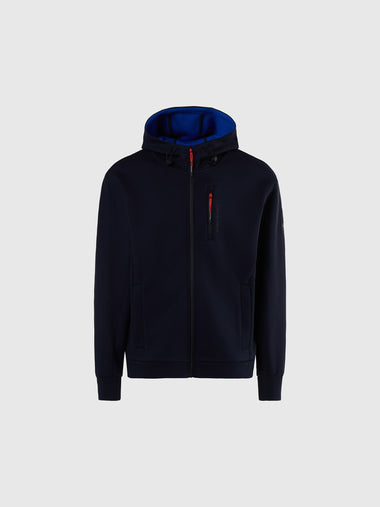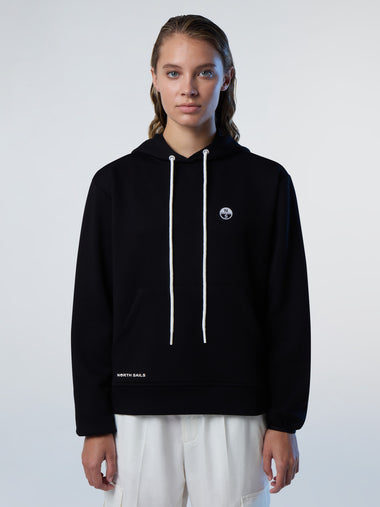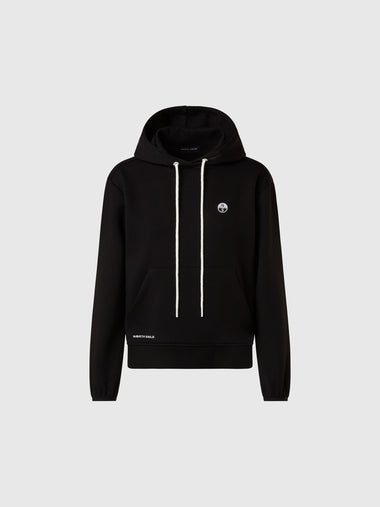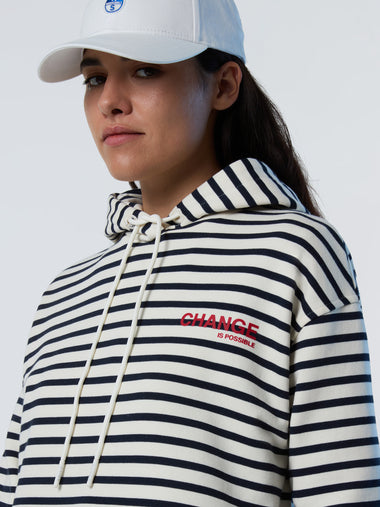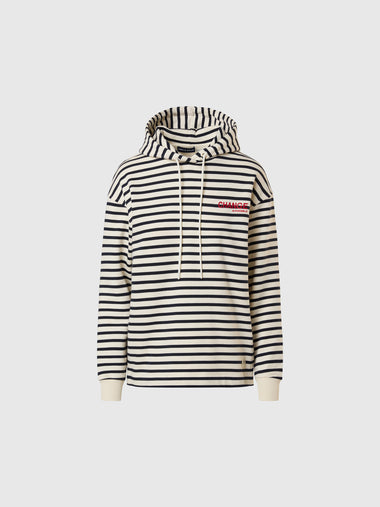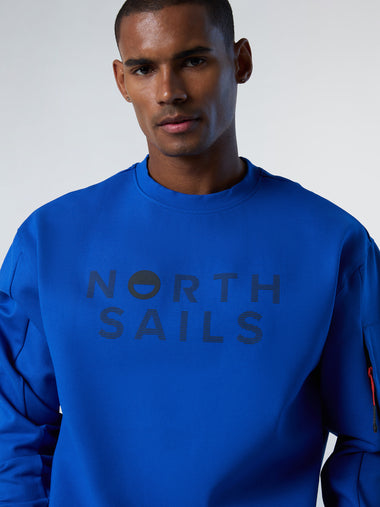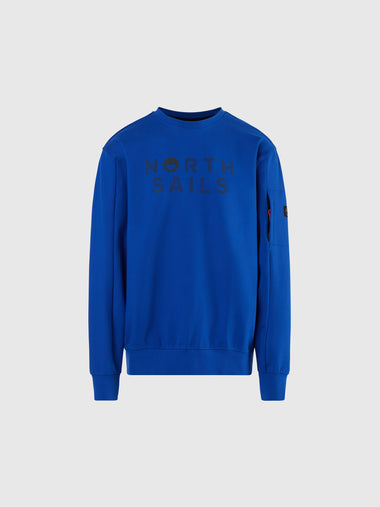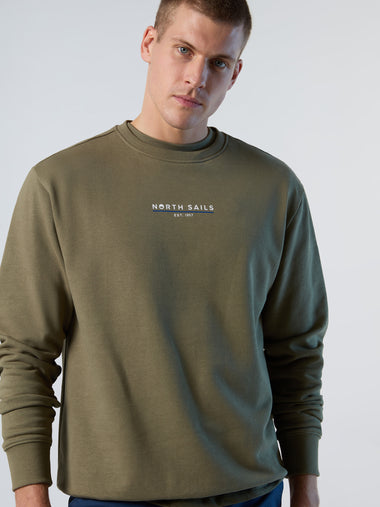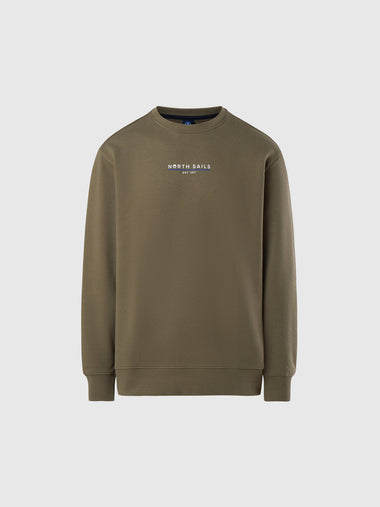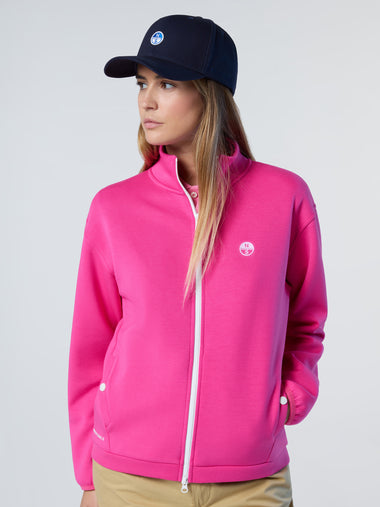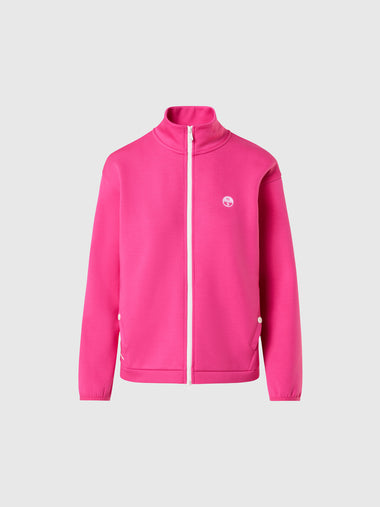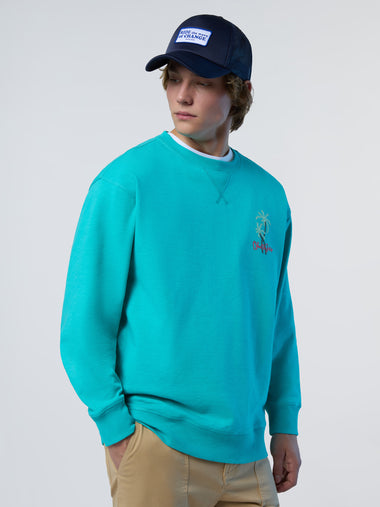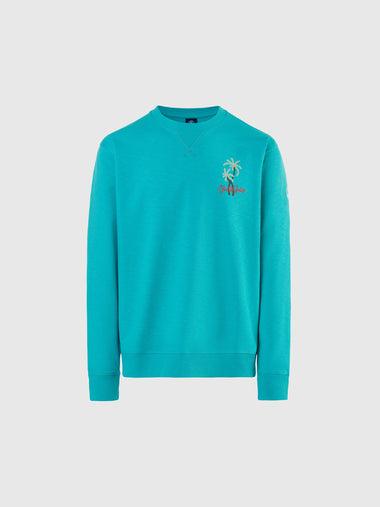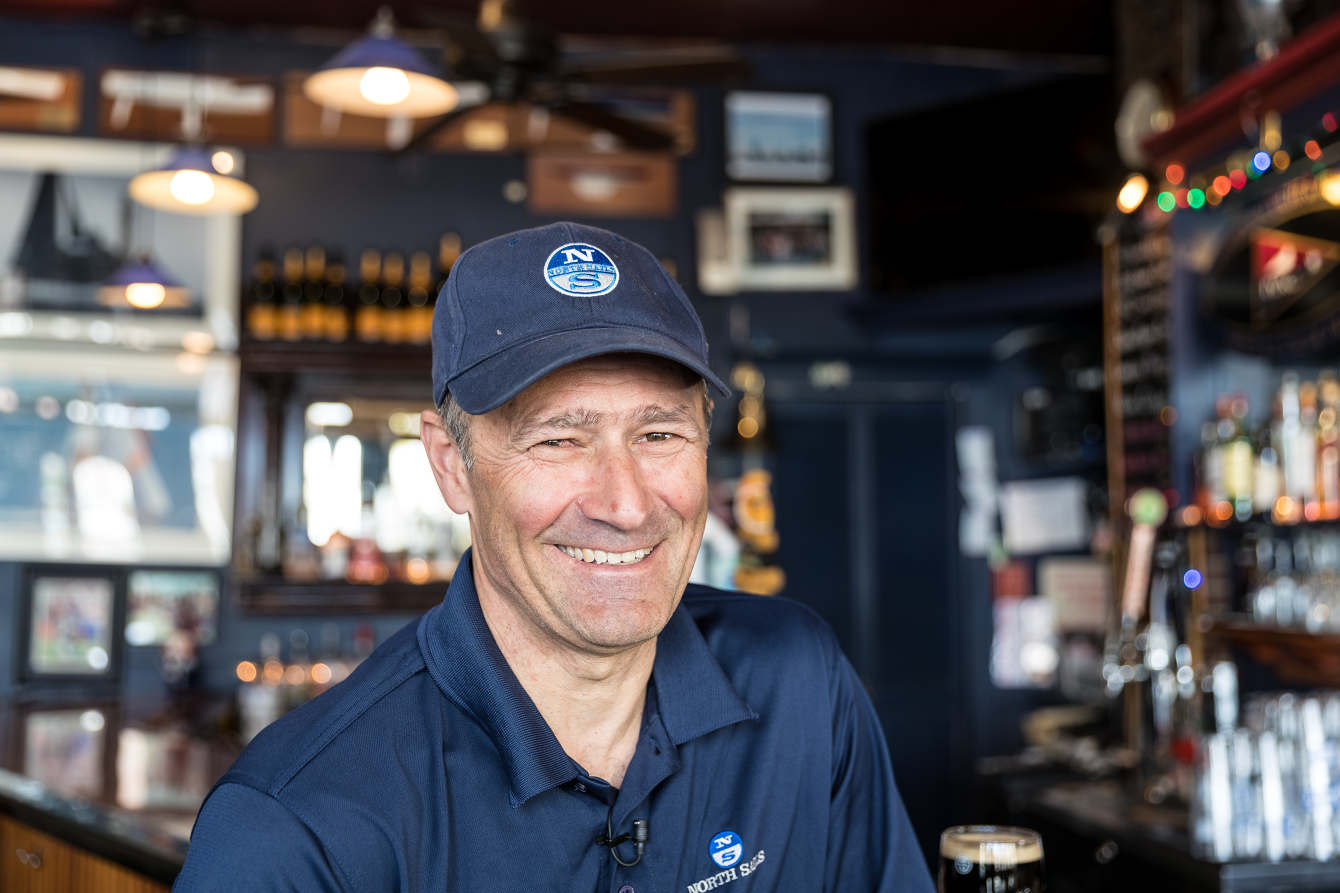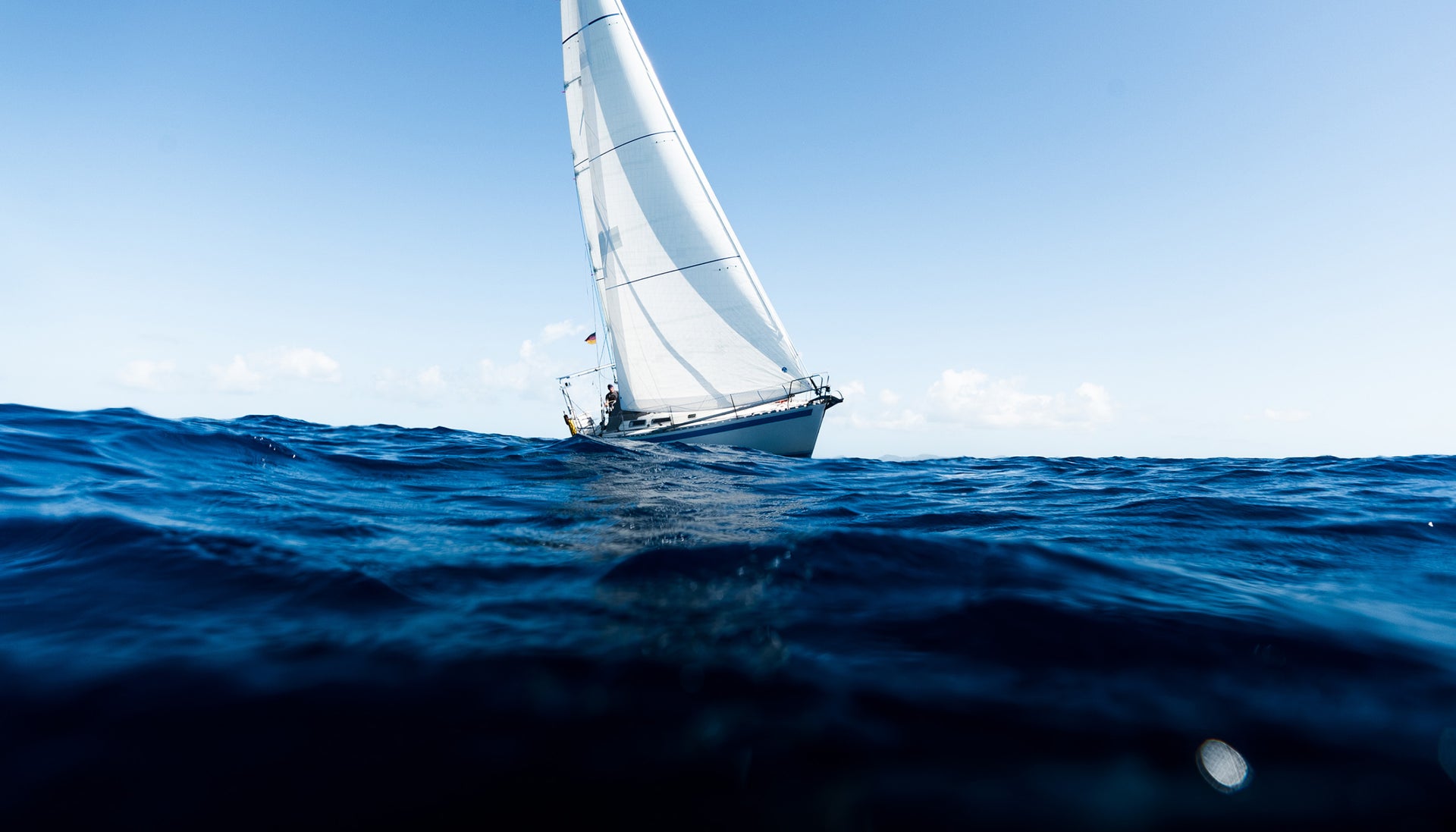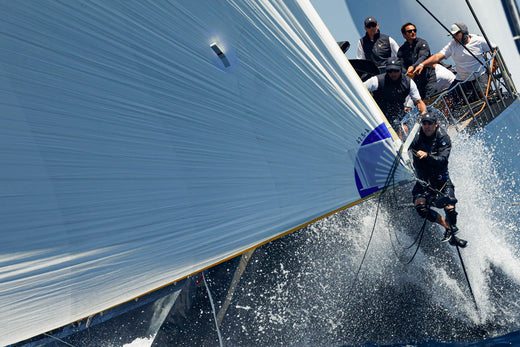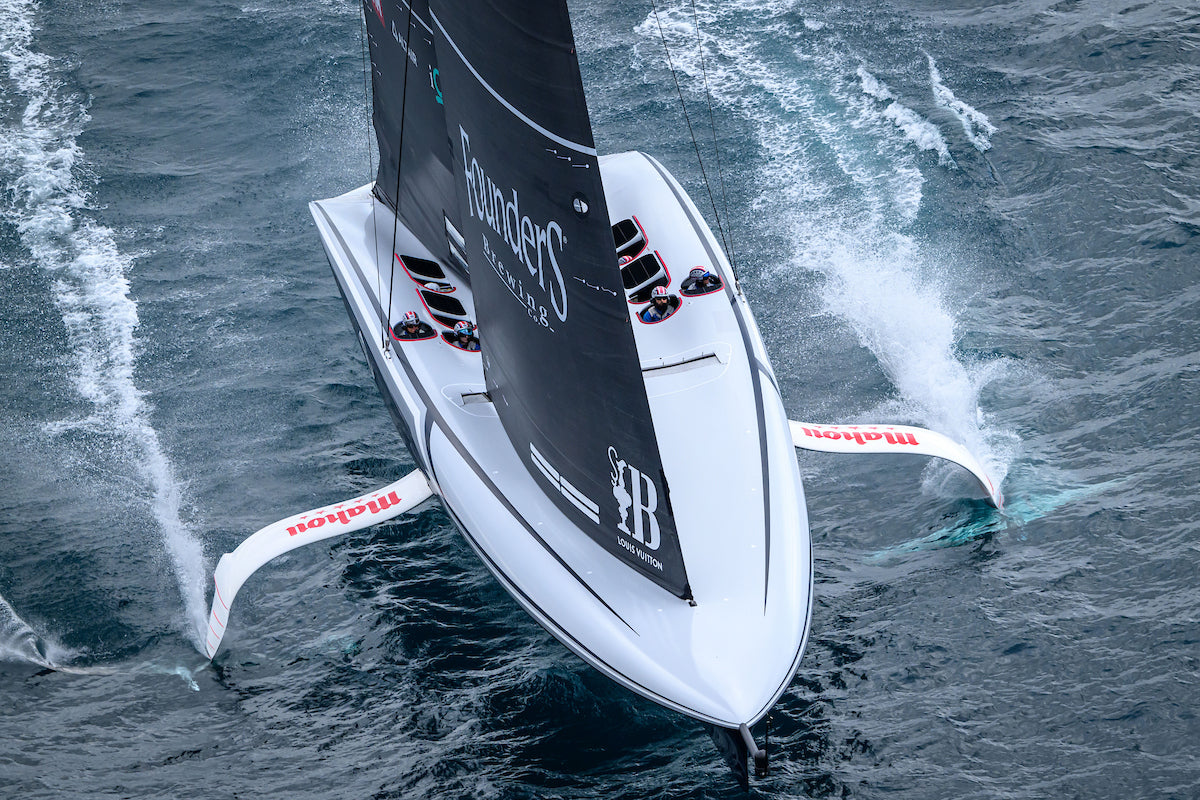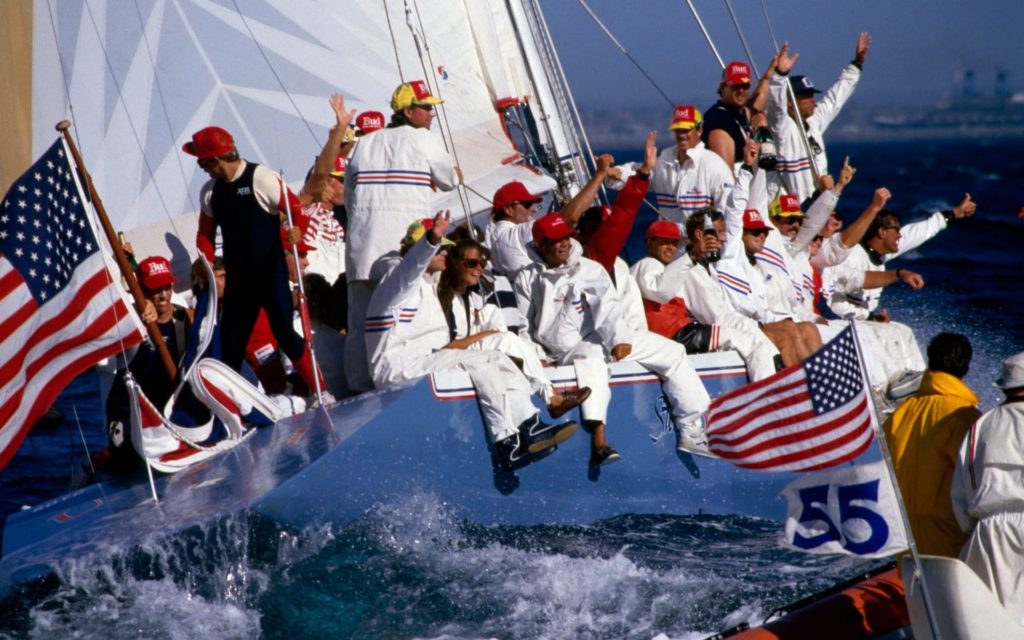DESIGNER SPOTLIGHT: JB BRAUN
DESIGNER SPOTLIGHT: JB BRAUN
One of the world’s leading sail designers talks about the next generation of innovation
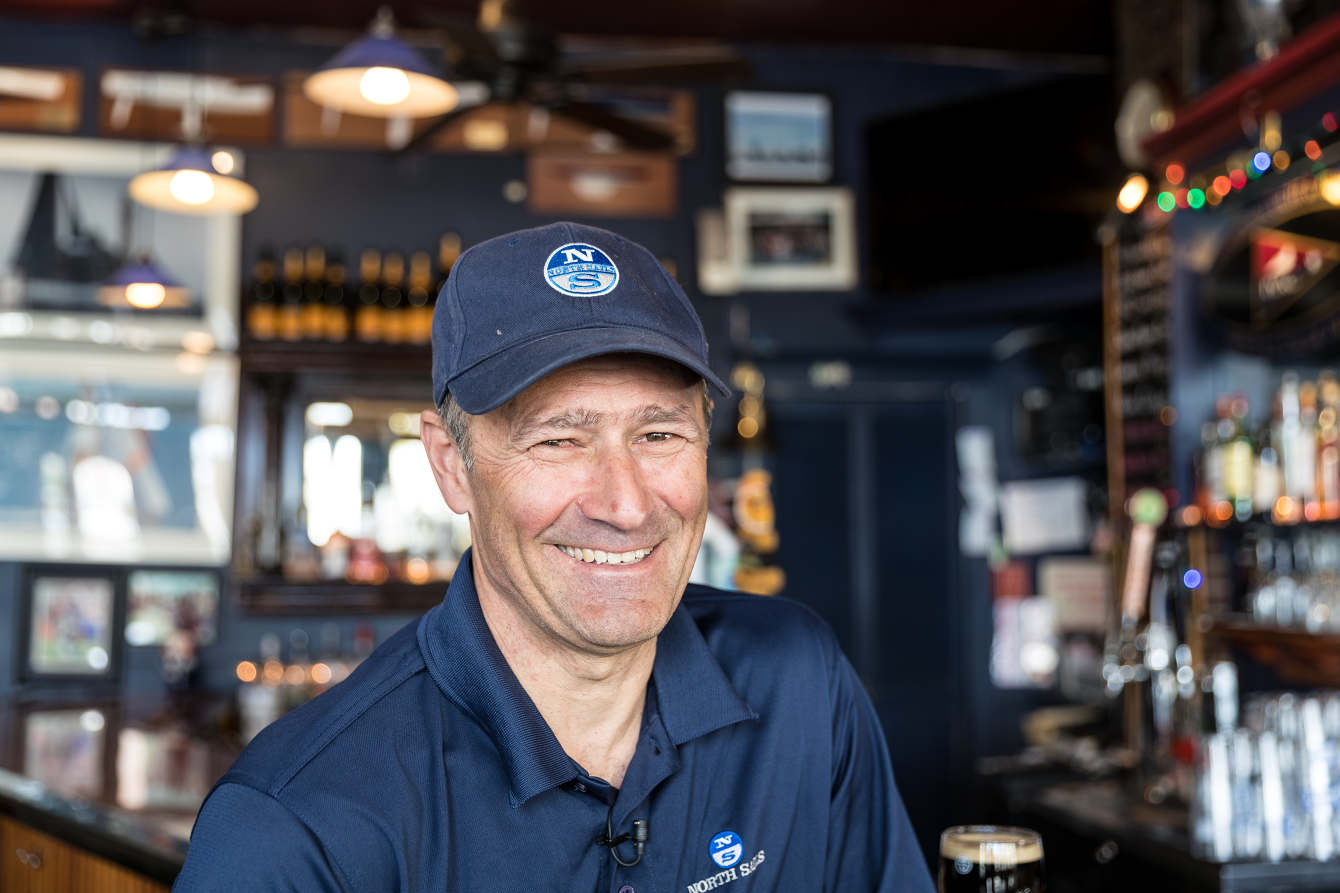
JB Braun loves making sailboats go faster, and that’s his job as Director of Design and Engineering at North Sails. “There’s a lot that goes into it,” he says. “It’s not only developing a product but developing the tools and software to help create it.”
JB manages the 80-person worldwide design team for North Sails. “I’m trying to develop and bring more communications, more design expertise into it. I want it to be recognized because it’s part of what makes North Sails different.
“We have 80 designers around the world, mostly working independently. In the past few years, we’ve implemented some great systems that help our design team be more efficient, which allows more time for collaboration and creativity. Exploring the design space will provide more performance for our customers.”
Before taking on his current role, JB was part of the design team for Oracle Team USA, helping to create the revolutionary foiling cats that defended the 2013 America’s Cup. JB was also instrumental in teams adopting 3Di during the Volvo Ocean Race 2011-12. “My job now is to try to take those skills and that type of development and bring that back into North Sails. Our process is the engine above the waterline, which is making boats perform better and increasing the enjoyment for our customers.”
JB’s on-the-water sailing career includes a cabinet full of youth trophies, two Team USA Olympic campaigns in the Flying Dutchman, and a Transatlantic record onboard Nicorette. Educated as a Mechanical Engineer at Northeastern University (Boston, USA), JB combined his passion for sailing with his engineering background to develop software and products that lead to faster sails. Today he is one of the world’s leading sail designers, having served as lead designer for various America’s Cup and Volvo Ocean Race teams and helping boats like the 100’ Comanche break records.
JB has helped revolutionize upwind/downwind sail design. In 2000 he developed Virtual Wind Tunnel, a program within the North Design Suite that made possible the first accurate simulation of downwind sails in action. Ten years later, he became the project leader for 3Di, developing and integrating sail design and construction techniques into the North Sails production line. “I helped bring 3Di from an idea that was not really a product into a mainstream product,” he explains. “The proof of concept for 3Di was the Volvo Ocean Race 2011-12. The product proved itself able to stand up to the brutal conditions of that race, and has since gone on to be further proven as the highest performance and most durable sail in the industry.”
Now that 3Di is sought after by both racing and cruising customers, JB is working on several new innovations. “We’ve changed MemBrain™, our finite elements analysis (FEA) tool, to engineer and analyze the winged sail combination that Team New Zealand is trying to apply for the next America’s Cup,” he says. “We’re also working on what we call the Sail App for North U, to help people better understand sail shape. You’re sailing along, you pull on the backstay, and you can see the performance change as you change sail shape. It’s still in the development phases, but I believe it’s the next step in how we communicate, both internally and with our customers.”
Other development projects include new velocity prediction (VPP) tools for the TP52 class. “That’s the premiere racing class right now,” he says. “We have some specific tools we’ve developed in the North Design Suite to help us quantify differences in design.”
What excites JB the most is making sails perform better, and he sees a fantastic opportunity in North’s fully integrated design approach.
“We’re unique in the industry because we design and analyze the sails with our North Design Suite software, and then use those same tools to physically build the 3Di sails. When we go through our analysis process, we have complete confidence that what we’re designing is actually what gets built and delivered to our customers. The design of the sail will have a huge impact on the performance of the boat.”
Industry experts like naval architects, engineers, and project managers now rely on North Design Services for information that will help them design and build faster boats. “From the very concept of a boat,” JB explains, “we’re helping these professionals by providing design software and tools to do a better job in their area of expertise. All these things start off as a concept or idea. North Sails helps grow that into a final product.
“Historically, a naval architect would design the hydrodynamic model, then ask for the aerodynamics,” he continues. “For us to do a really good job with the sail plan, we need to balance the two. It’s a seesaw, with aero on one side and hydro on the other. When the seesaw is balanced, you get the best performance, so if you start off with the seesaw at the beginning, the design loop gets much more refined. Change the hydro to balance with the aero. Design refinement before the boats get made.
“The IC37 by Melges is a perfect example. It went through design revisions and we developed aero models before the boats were even laid up.”
Naval architects and designers are finding this information so valuable, they’re coming back and wanting more.
“Our tools are now refined in a way that has a direct impact on the designs that this team is coming out with,” JB says, “and that will help us make boats go faster and be more efficient.”
